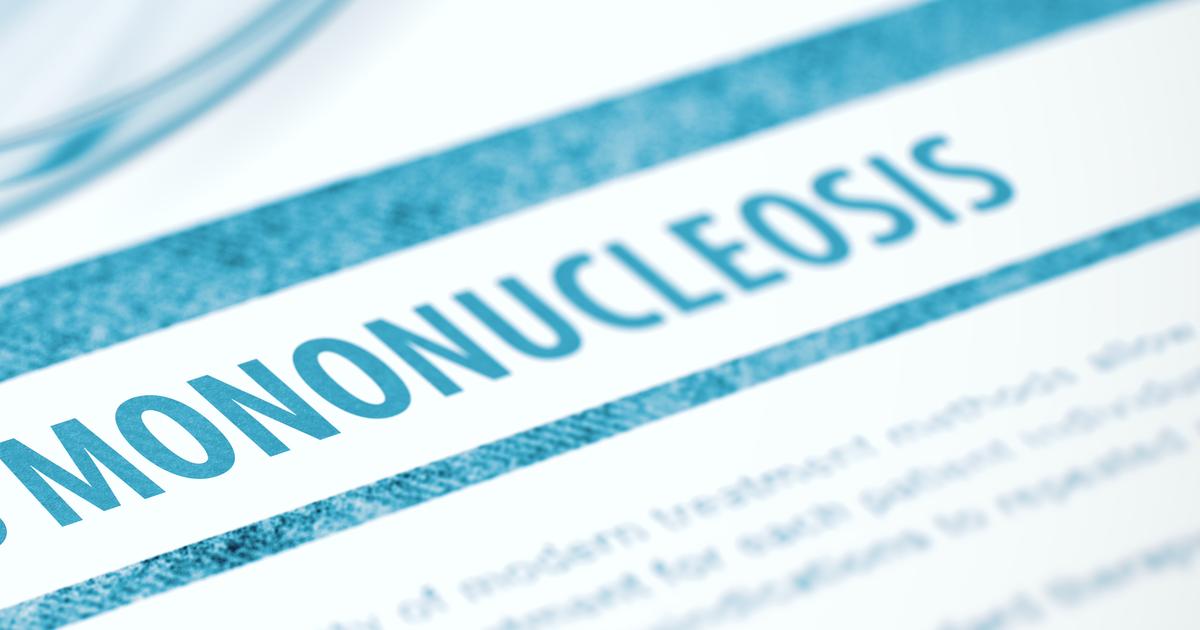Conditions That Cause Lymphocytosis
Infectious Mononucleosis

Infectious mononucleosis is a term used to describe a set of symptoms in an individual that is the result of an infection by Epstein-Barr virus. This virus can be transmitted from one person to the next through contact with an infected individual's saliva. Classic mono symptoms usually manifest four to six weeks following initial exposure to the virus. The actual mono symptoms themselves last a duration of between one and two months. Symptoms include fever, swollen lymph nodes, fatigue, swollen tonsils, sore throat, headache, muscle weakness, and night sweats. It can be hard to tell the difference between mono and other viruses such as the flu in affected individuals. A complete blood count can be done to check for elevated lymphocyte levels, which indicate the individual has mononucleosis. Epstein-Barr virus can invade and infect lymphocytes in the body of an infected individual. The virus populates in these white blood cells and utilizes them to rapidly replicate itself, thus causing rapid multiplication of this type of cell. This virus usually causes a proliferation of the B lymphocytes rather than the T lymphocytes.